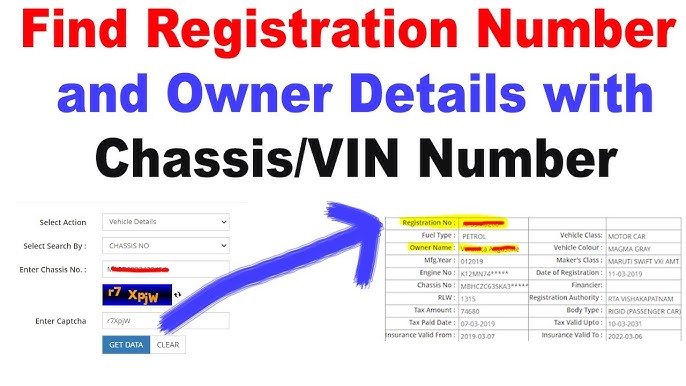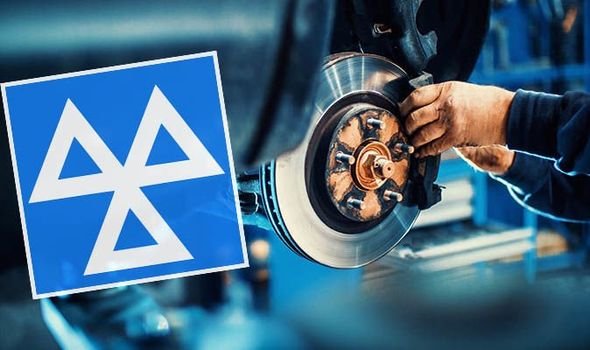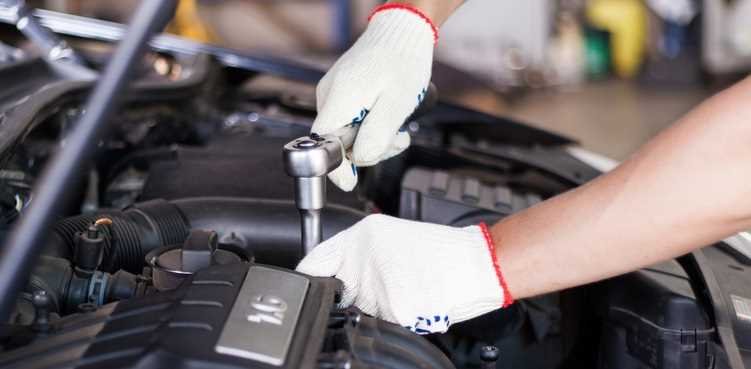When buying or selling a vehicle in the UK, confirming the car’s authenticity and roadworthiness is essential. A Vehicle VIN Lookup allows you to check your car’s MOT history, ownership records, and other crucial details. This helps ensure that the vehicle is legal, safe, and not involved in theft, cloning, or hidden finance agreements.
In this guide, you’ll learn how to find your VIN, use it for MOT checks, verify ownership details, and protect yourself from vehicle fraud.
What Is a VIN and Why It Matters
A Vehicle Identification Number (VIN) is a unique 17-character code assigned to every vehicle. Think of it as your car’s DNA. It tells you the car’s manufacturing details, model, and unique serial number.
The VIN plays a key role in:
-
Identifying a specific vehicle
-
Tracking MOT and service history
-
Confirming ownership and legal records
-
Detecting stolen or cloned vehicles
If you’re buying a used car, checking the VIN can help you avoid costly mistakes.
Where to Find the VIN on Your Vehicle
Before performing a Vehicle VIN Lookup, you need to locate the VIN. It can be found in several common places:
-
Dashboard (visible through the windscreen) — usually on the driver’s side.
-
V5C logbook (registration certificate) — issued by the DVLA.
-
Driver’s side door frame — printed on a sticker or metal plate.
-
Under the bonnet — engraved on the engine or chassis.
-
Insurance and MOT documents — printed officially.
Always check that the VIN on your car matches the one on your logbook and MOT records.
Step-by-Step Guide: How to Do a Vehicle VIN Lookup in the UK
Step 1: Check MOT History Using GOV.UK
Go to the official GOV.UK MOT History Service.
Enter your registration number and view:
-
MOT pass/fail status
-
Mileage records
-
Advisory notes
-
VIN confirmation
This is a free and reliable way to verify MOT details directly from government records.
Step 2: Use DVLA Vehicle Information Service
Visit the DVLA Vehicle Information Checker.
This tool allows you to confirm:
-
Vehicle make and model
-
Colour and fuel type
-
MOT expiry date
-
Tax status
You can cross-check this information against your VIN to make sure everything matches.
Step 3: Use a Reputable VIN Lookup Service for Full Details
Free checks are useful, but a full Vehicle VIN Lookup provides much more data. Trusted services include:
-
HPI Check
-
AutoCheck
-
TotalCarCheck
-
CarVertical
These reports can reveal:
-
Outstanding finance agreements
-
Previous accident damage or write-offs
-
Theft or cloning alerts
-
Mileage fraud
-
Import/export history
Step 4: Match VIN Numbers on All Documents
Compare the VIN on:
-
Dashboard
-
Logbook (V5C)
-
MOT certificate
-
Insurance papers
Any mismatch is a red flag. Contact the DVLA immediately to verify the situation.
Why a Vehicle VIN Lookup Is Crucial Before Buying a Used Car
1. Confirm Legal Ownership
A VIN check ensures the car legally belongs to the seller. If the vehicle has outstanding finance or was stolen, the rightful owner can reclaim it.
2. Verify MOT and Maintenance History
A Vehicle VIN Lookup gives you the complete MOT record, so you can check whether the car was properly maintained and roadworthy.
3. Avoid Stolen or Cloned Vehicles
Cloned cars often have fake VINs. A quick VIN lookup can expose fraudulent activity and protect you from legal trouble.
4. Spot Mileage Fraud
Odometer rollback is common in the used car market. A VIN check cross-references MOT mileage to detect inconsistencies.
5. Protect Your Investment
A verified VIN check gives you confidence that your purchase is safe, legal, and worth its price.
Understanding the VIN Structure
A standard VIN consists of 17 characters, each representing specific vehicle information:
| Section | Characters | Description |
|---|---|---|
| WMI | 1–3 | Country and manufacturer |
| VDS | 4–9 | Vehicle description and type |
| VIS | 10–17 | Unique serial number, year, and plant |
By decoding this structure, you can confirm the authenticity of the VIN and ensure it matches the vehicle’s make and model.
Free vs Paid VIN Lookup: What’s the Difference?
| Feature | Free VIN Lookup | Paid VIN Lookup |
|---|---|---|
| MOT history | ✅ | ✅ |
| Mileage record | ✅ | ✅ |
| Ownership & finance check | ❌ | ✅ |
| Accident history | ❌ | ✅ |
| Theft or cloning alert | ❌ | ✅ |
| Import/export data | ❌ | ✅ |
Free VIN checks are great for MOT history, but for full protection, a paid report is recommended.
How Mechanics and MOT Centres Use VIN Lookups
MOT centres and garages use VIN numbers to:
-
Identify the correct parts for servicing
-
Access safety recall information
-
Ensure MOT compliance based on vehicle type
-
Check manufacturer specifications
Providing your VIN when booking an MOT can make the process smoother and more accurate.
What to Do If Your VIN Doesn’t Match
If your Vehicle VIN Lookup reveals any discrepancies:
-
Stop the transaction immediately.
-
Contact the DVLA to report the issue.
-
Request documentation from the seller.
-
If needed, involve the police to verify ownership.
Mismatched VINs can indicate theft, cloning, or illegal modifications.
Tips for a Secure Vehicle VIN Lookup
-
Always use official or trusted websites.
-
Double-check VIN on multiple vehicle parts.
-
Save a copy of your VIN report.
-
Cross-verify VIN with MOT and V5C logbook.
-
Avoid deals where VIN or registration details are unclear.
Common Mistakes to Avoid
-
Typing the VIN incorrectly.
-
Ignoring advisory or failure notes in MOT records.
-
Skipping ownership verification.
-
Not comparing VIN on all physical locations.
-
Using unverified websites for checks.
Avoiding these mistakes can save you from major legal or financial issues.
Checking MOT Using a VIN Number
You can use your VIN to cross-check MOT data on the GOV.UK site. This ensures:
-
The MOT belongs to the correct vehicle.
-
The mileage history is accurate.
-
The car is legally roadworthy.
This step is crucial when buying a used car privately or through a dealer.
Benefits of Regular VIN Lookups
-
Keeps your car records updated
-
Ensures legal compliance
-
Increases resale value
-
Helps detect issues early
-
Prevents ownership disputes
A Vehicle VIN Lookup isn’t just for buyers — owners can use it to maintain a clean and verifiable vehicle history.
A Vehicle VIN Lookup is one of the smartest and easiest ways to verify a car’s MOT and ownership history. Whether you’re buying, selling, or maintaining your vehicle, checking the VIN ensures your car is legitimate, roadworthy, and legally safe.
Always use trusted sources, cross-check your details, and never skip this crucial step — it can save you from fraud, financial loss, and legal complications.
VIN Lookup UK: How to Check Car MOT and Vehicle History with VIN



